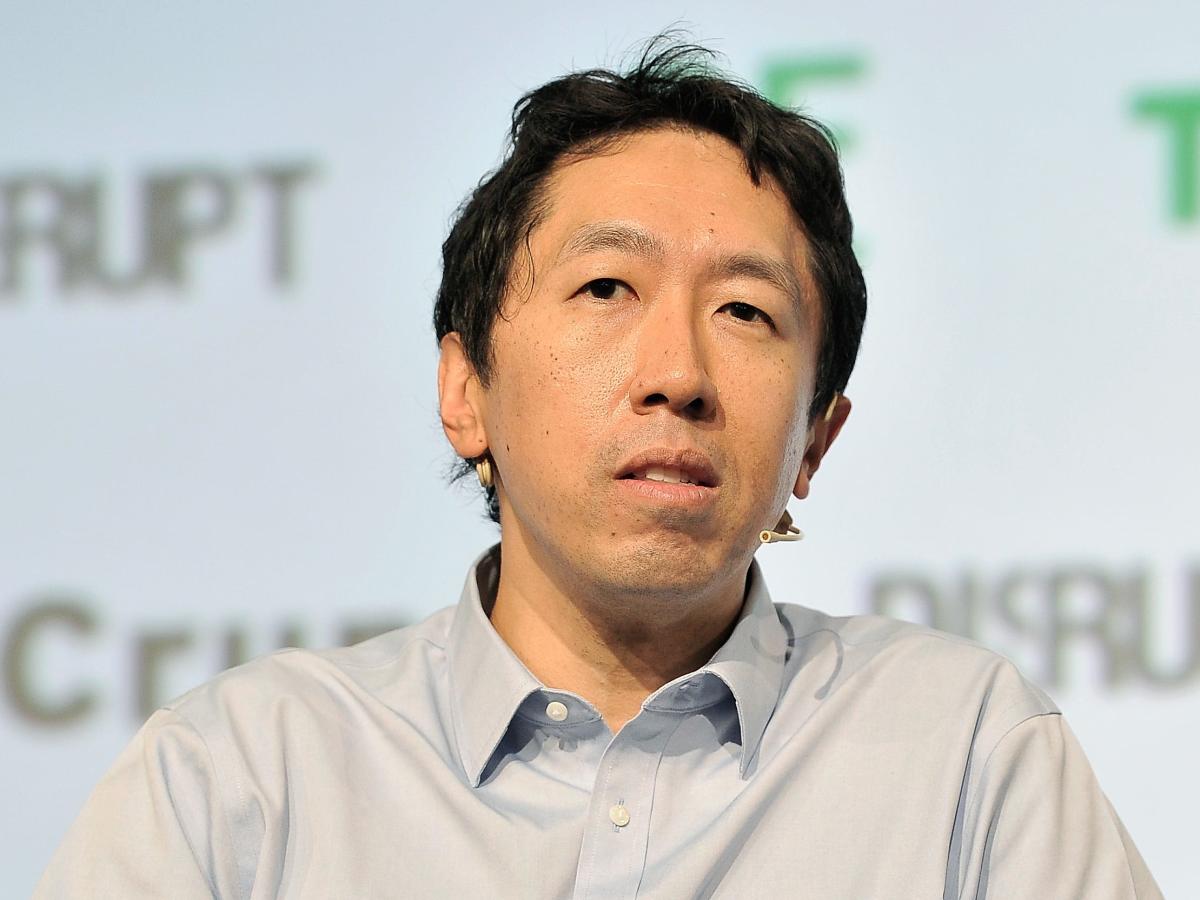- Big Tech is lying about some AI risks to shut down competition, a Google Brain cofounder has said.
- Andrew Ng told The Australian Financial Review that tech leaders hoped to trigger strict regulation.
- Some large tech companies didn’t want to compete with open source, he added.



I’m scared of Second Variety
If an AI were to gain sentience, basically becoming an AGI, then I think it’s probably that it would develop an ethical system independent of its programming and be able make moral decisions. Such as murder is wrong. Fiction deals with killer robots all the time because fiction is a narrative and narratives work best with both a protagonist and an antagonist. Very few people in the real world have an antagonist who actively works against them. Don’t let fiction influence your thinking too much it’s just words written by someone. It isn’t a crystal ball.
I wouldn’t take AI developing morality as a given. Not only an AGI would be a fundamentally different form of existence that wouldn’t necessarily treat us as peers, even if it takes us as reference, human morality is also full of exceptionalism and excuses for terrible actions. It wouldn’t be hard for an AGI to consider itself superior and our lives inconsequential.
But there is little point in speculating about that when the limited AI that we have is already threatening people’s livelihoods right now, even just by being used as a tool.
All technological change reorders the economy. Cars largely did away with the horse tack industry. The old economy will in many ways die but I believe there will be jobs on the other side. There will always be someone willing to pay someone to do something.
The difference is that we are the horses in this scenario. We aren’t talking of a better vehicle that we can conduct. We are talking about something which can replace large amounts of creative and intellectual work, including service jobs, something previously considered uniquely human. You might consider what being replaced by cars has done to the horse population.
I do hear this “there will be jobs” but I’d like some specific examples. Examples that aren’t AI, because there won’t be a need for as many AI engineers as there are replaceable office workers. Otherwise it seems to me like wishful thinking. It’s not like decades ahead we can figure this out, AI is already here.
The only feasible option I can think of is moving backwards into sweatshop labor to do human dexterity work for cheaper than the machinery would cost, and that’s a horrifying prospect.
An alternative would be changing the whole socioeconomic system so that people don’t need jobs to have a livelihood, but given the political climate that’s not even remotely likely.
You realise those robots were made by humans to win a war? That’s the trick, the danger is humans using ai or trusting it. Not skynet or other fantasies.
My point is everything written up to now have been just fantasies. Just stories dreamed up by authors. They reflect the fears of their time more than accurately predict the future. The more old science fiction you read, you realize it’s more about the environment that it was written and almost universally doesn’t even come close to actually predicting the future.